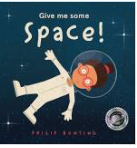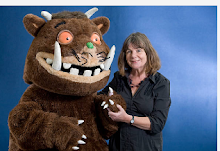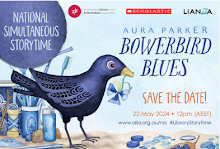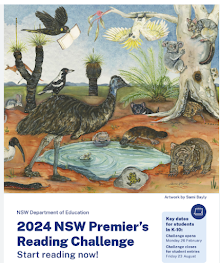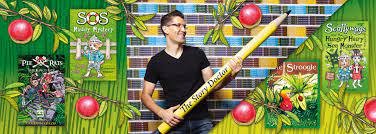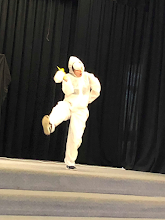The Premier’s
Reading Challenge
The Premier’s
Reading Challenge opened on Monday 28th February and will close on
Friday 19th August. We have a large number of books in our collection
that are listed on the challenge. Students may take out bulk loans if they are
participating in the challenge.
New Books
Our
wonderful Australian authors and illustrators are constantly creating new novels
and picture books which are a joy to read. Many of the teachers have taken bulk
loans to their classes to share and enjoy. We have two stands displaying new
novels in the library and there has been great excitement at borrowing time.
Kindergarten
The students
will study the difference between fiction and nonfiction books. The pictures,
words and elements of both genres and the reason for reading them will be examined.
Teaching the
difference between fiction and nonfiction requires students to understand the
difference between real and make-believe. Large-group and small-group
activities will give the students practice in identifying the different types
of books.
Stage One
This term
the students will study eleven books written by Aaron Blabey.
Aaron Blabey
is one of Australia's most loved authors for children. He has nearly four million
books in print, many of which are multiple award winners. He was the 2012
National Literacy Ambassador and, in 2015, The Brothers Quibble was featured in
National Simultaneous Storytime.
Blabey's
books are extremely popular in our school library and in 29 other countries. He
often uses the poetic genre and his stories are humorous, often with a moral.
The text is always supported by his engaging illustrations.
Stage Two
The students
will undertake a Roald Dahl author study. A different book will be showcased at
each lesson and activities in response to the extracts read will be undertaken.
This is not
an in-depth study of the texts. It is a journey to discover the influences of
childhood that affected Dahl's writing and his journey as an author. We aim to
gain inspiration for our own writing from the work of this great author.
Many authors
state that the source of inspiration for their writing is the varied content
that they read. Roald Dahl is a master of character creation and is known for
his dark humour and unexpected endings. His books never fail to capture the
imagination and his work and life provide a huge writing inspiration for us
all.
Stage Three
Stage 3
students will study the text A Great Escape by Australian author Felice Arena.
A Great
Escape is based on real life events that occurred during the erecting of the
Berlin Wall in 1961.
It was a
harrowing time for families that were separated between East and West. Some
never saw each other again as they were old and passed away before the Wall
came down.
The
children, when reunited with their parents 28 years later, had families of
their own.
This
well-crafted story displays the ingenuity of children during desperate times.
It is demonstrated in the detailed methods and escape plans they designed and
executed. Their strength and courage is palpable on the page; their hope and
self-belief armour against the odds.
Felice Arena
has created a gripping tale with children as heroes and leaders.
